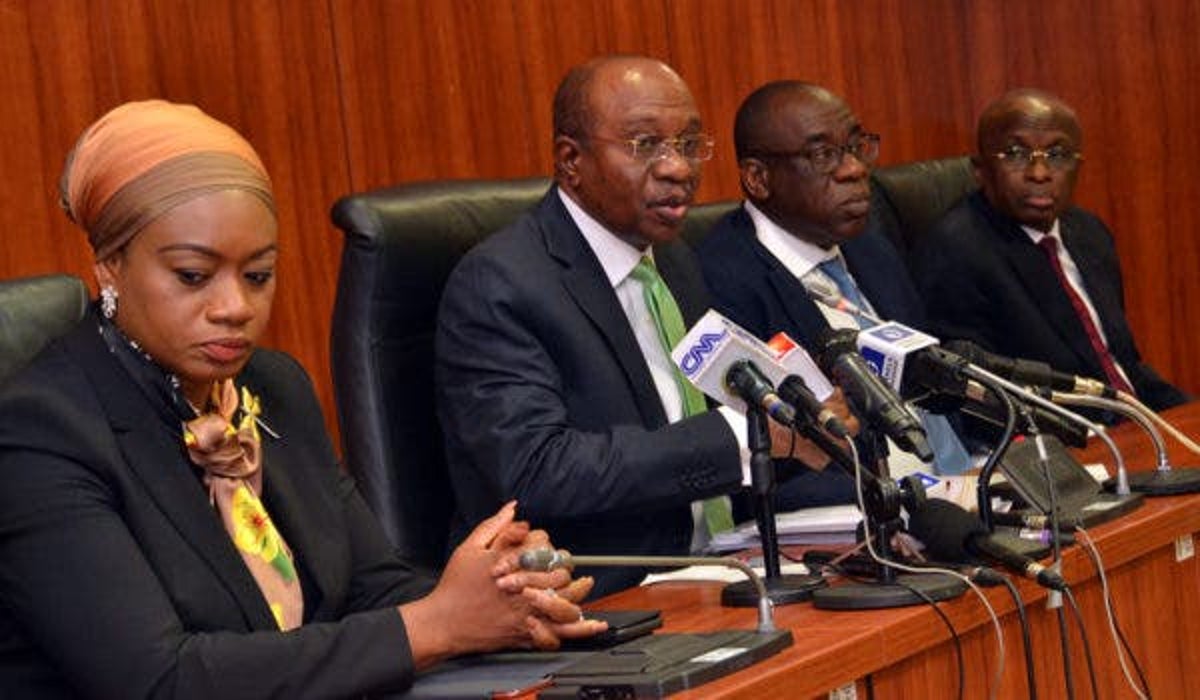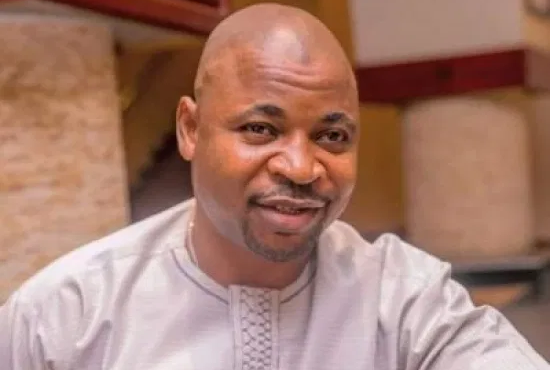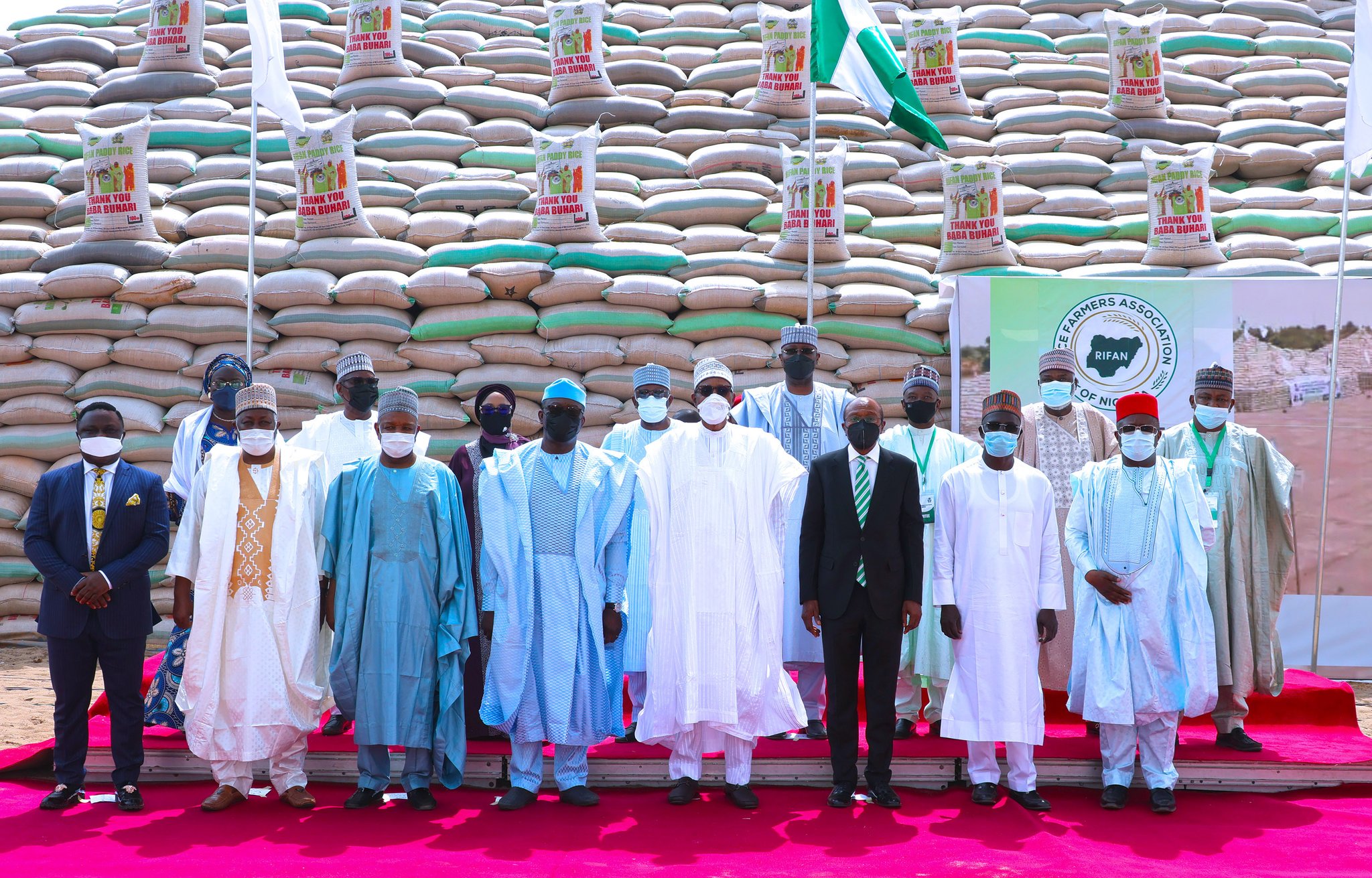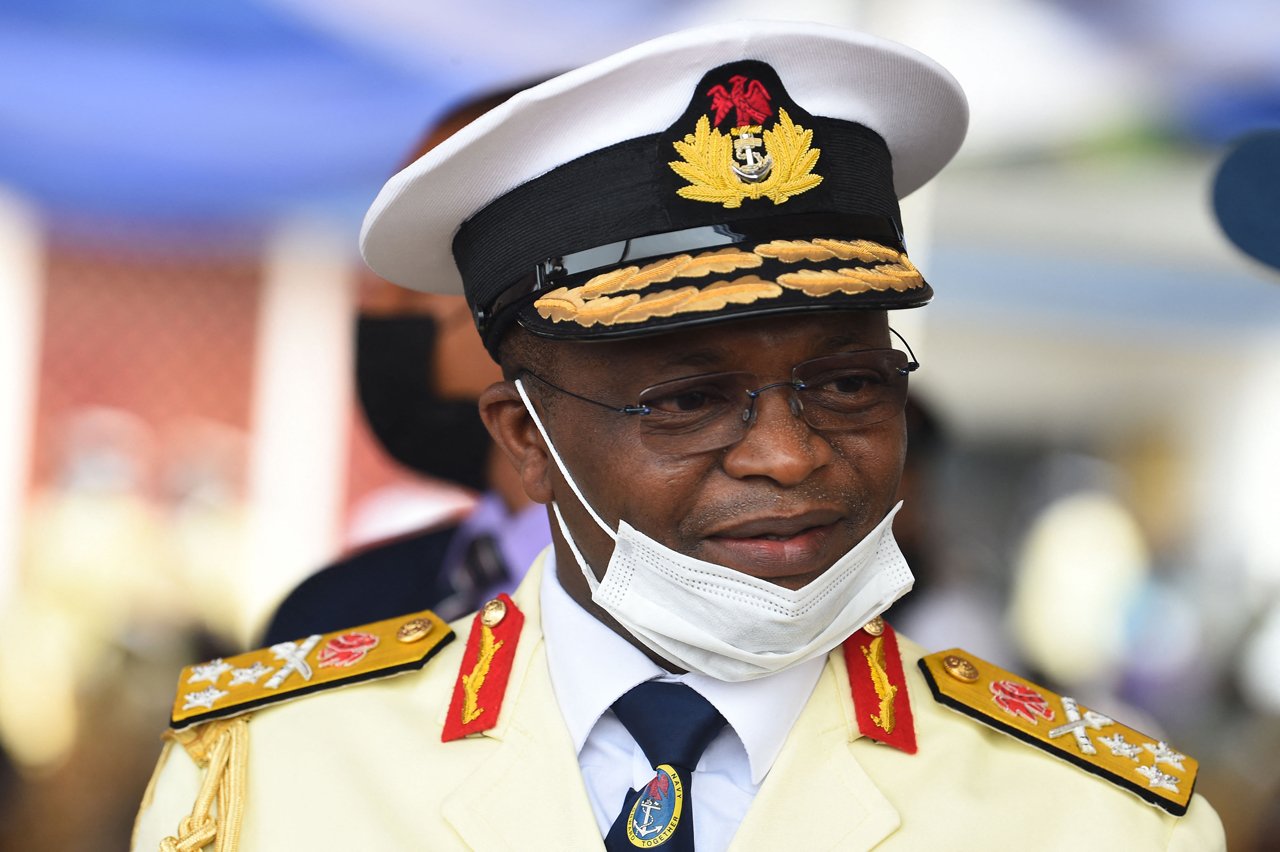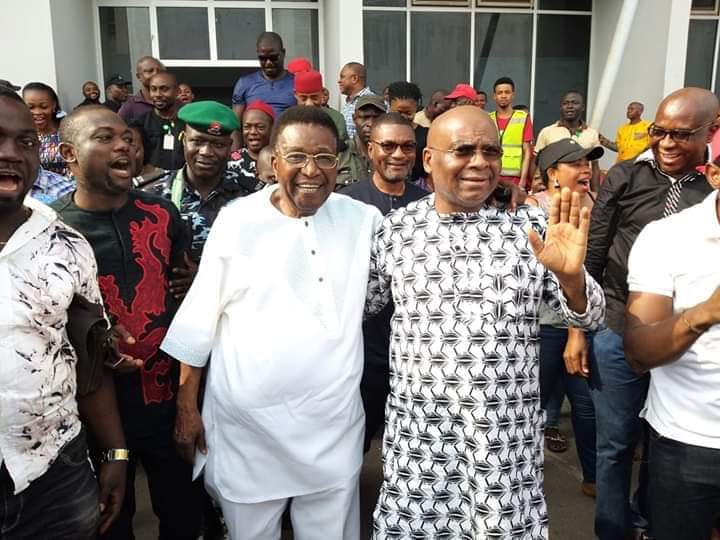BY ADEFOLARIN OLAMILEKAN
The aftermath of the COVID-19 pandemic is still a subject of caution to global economic projection especially as the latter part of the year 2021 experienced a fourth wave causing economic shocks. Nonetheless, nations are now gearing purposeful ways to curtain any eventuality. This is to keep inflation tidings and other related economy headlines, most especially local currency, from turbulences as production is uncertain in a pandemic era.
Paradoxically, what can monetary policies offer? Recently, the monetary policy committee (MPC) of Nigeria’s apex bank held its first meeting for the year 2022 in Abuja. With huge expectations and anxiety as well as mounting pressure on the Central Bank of Nigeria (CBN) to have a rethink toward a lower rate.
Interesting, the significance of this year first MPC meeting goes beyond what rate the committee would settle for. Or what some analysts have termed “a shift to a hawkish monetary policy stance”. To start with, we need to demystify what constitutes monetary policy rate (MPR) because a lot of Nigerians are yet to understand how the economy works from that angle.
Advertisement
Simply put, MPR is the interest rate at which CBN lends to commercial banks. The MPR serves as the benchmark against which other lending rates in the economy are pegged. Moreso, it is usually used as an instrument to moderate inflation in the economy. The aspect that sounds confusing to Nigerians is the benchmark of which banks can lend money to Nigerians and most economists and financial experts find that as the intriguing part of monetary policy direction. Conversely, it is also the part apex banks tread cautiously.
Nevertheless, the first shot for this year according to the CBN saw MPR at 11.5% with an asymmetric corridor of +100/-700 basis points around the MPR. This was followed by a cash reserve ratio (CRR) retained at 27.5% and liquidity was also maintained at 30%. The CBN has maintained this current rate 25 times in the last 28 meetings.
There are diverse interests and issues putting pressure on the MPC to increase the benchmark rate despite the inflationary tendencies in the economy; especially amid the high cost of production, insecurity, dwindling government revenues, import dependency, foreign exchange volatility and the uncertainty in the global oil market. Arguably, the CBN governor, Godwin Emefiele, justified the committee’s decision thus, “the MPC observed that inflation in most developed and emerging economies remain high driven by the persistent exchange rate fluctuations and supply bottlenecks”.
Advertisement
He added that the “committee noted that the increase in the country’s inflation rate in December 2021 is attributable to increased demand during the yuletide and hence suggests that the uptick in the numbers could be a temporary development. The members also believe that inflation will moderate further going into the new year driven by the significant interventions in the agricultural sector”. In this regard, the MPC’s continuous retainment of the monetary policy rate at 11.5% is in furtherance of the “apex bank’s effort to bolster Nigeria’s economic growth through the expansion of credit to the real sector”. Admittedly, with the “belief that despite the uptick in inflationary pressure, a hold policy will help to further boost the country’s economy while inflation is expected to moderate in the new year”.
Fundamentally, a critical observation is that the uncertainty that hovers around the global economy is not peculiar to the Nigerian monetary environment alone. This, many feared, could upset the nation’s interest rate regime. Convincingly, the apex bank’s MPC “highlighted that the Nigerian economy is expected to continue with a positive growth following the impressive growth recorded in the year 2021 afterwards of the recession. Similarly, it also projects economic growth of 2.84% in 2022. The CBN MPC noted that holding stance would allow current recovery in output and decline inflation continue.
This latest move by the CBN monetary policy committee is laudable going by its carefulness of not yielding to the temptation of tampering with the current rate. Regrettably, the double-digit inflation of 15.44 % has put restraints on the CBN. Although, the common man on the streets of Nigeria want to feel the impact of these policies and see a reduction in the price of sugar, spaghetti and milk.
Consequently, another factor that must have influenced the monetary policymaker is that 2022 is a pre-election season. Analysts are of the view this may slow down government activities with an aggravated impact on the economy. One cannot rule out the cash that is going to be in circulation with a demand-pull pressure as a transient on the monetary environment. The repercussions of this on existing bank loans and debts, stock securities, prime investment as well as the health of the naira cannot be overemphasized.
Advertisement
Going forward, our modest recommendations: First, MPC must affirm its stance on continuous monitoring of the policy actions in the domestic environment with an eye also on the global central banks’ cautious action in tightening the monetary cycle. Secondly, the committee and CBN must match its policy statements with practical action demonstrated by sustaining its interventions programmes across the real sectors – manufacturing, agricultural, and others. Its support toward improvement in the aggregate food supply should be linked to the manufacturing sector and by extension, drive down prices and reduce importation.
Lastly, the CBN and its MPC acting modestly with retaining the policy rate centres more on either “striking a hawkish tone” in light of global tightening and uncertainty or maintaining a “dovish stance” to safeguard and maintain the status quo needs.
Given the aforementioned, what is paramount is not just the sustenance of the growth momentum, but an impactful monetary policy favourable to Nigeria’s economic development.
Adefolarin, a political economist and development researcher, writes from Luvu Masaka, Nasarawa state. He can be reached via adefolarin77 @gmail.com
Advertisement
Views expressed by contributors are strictly personal and not of TheCable.
